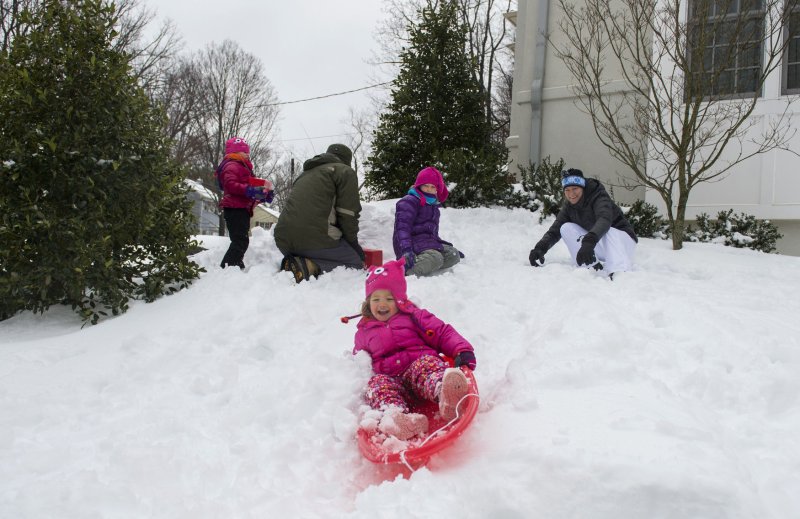NEW YORK, March 4 (UPI) -- Families who routinely sing, play, story-tell and eat dinner together have children who have higher levels of social-emotional health, U.S. researchers say.
Researchers at the Children's Evaluation and Rehabilitation Center at Albert Einstein College of Medicine of Yeshiva University, affiliated with The Children's Hospital at Montefiore, said a child has high social-emotional health when they exhibit the ability to understand emotions, express empathy, demonstrate self-regulation and form positive relationships with peers and adults.















